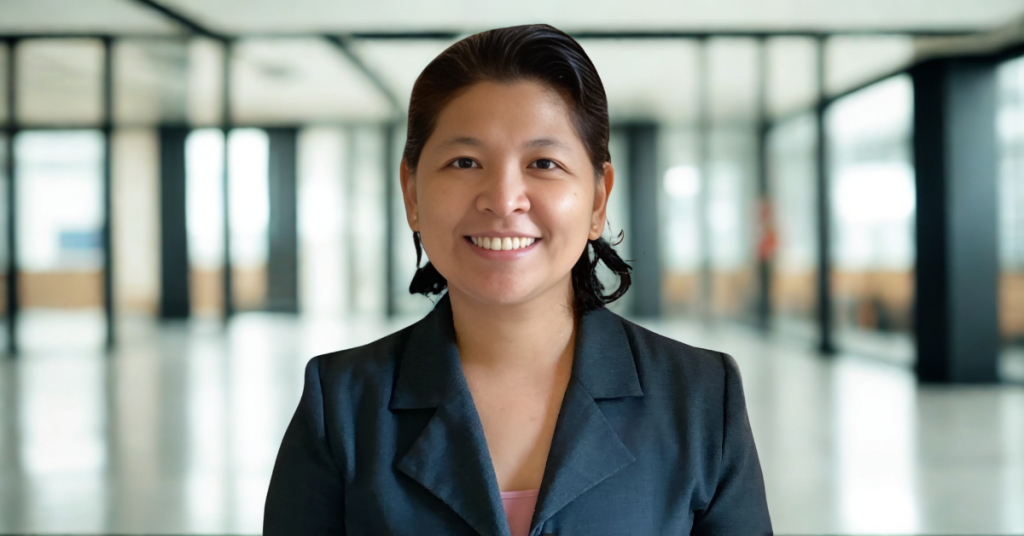In a world where industries evolve overnight and workplace demands keep shifting, one skill has become non-negotiable for professionals who want to thrive: adaptability.
Mariecielo Pamaylaon, Certified Management Accountant and finance leader, has built her career on it.
“To succeed in my industry, an individual should be adaptable to any situation and circumstances. Change is inevitable, so we should always be prepared,” Pamaylaon tells Financial Adviser PH.
Her career journey—spanning full-time accounting to project management—has taught her that the ability to pivot is what separates those who survive from those who excel.
Why adaptability matters now more than ever
The modern workplace isn’t just changing—it’s accelerating. New technologies, global collaborations, and shifting client demands mean professionals can no longer rely solely on technical expertise.
Pamaylaon has seen firsthand how adaptability allows people to embrace opportunities and navigate challenges. It’s not about avoiding difficulties—it’s about being ready for them.
From accountant to project leader
Pamaylaon’s own career shift illustrates her philosophy in action. She transitioned from being a full-time accountant to managing finance-related projects and change initiatives on a global scale.
“Yes, I did make a career shift,” she says. “Some of the challenges I faced are (1) time zone differences and (2) communication, as I need to engage with different people across the globe.”
Rather than being intimidated by these challenges, she leaned on her adaptability—learning to work across cultures, navigate virtual collaboration, and adjust her communication style for different stakeholders.
The role of continuous learning
Adaptability, Pamaylaon notes, is fueled by a commitment to continuous learning.
“To stay competitive, continuous learning is important to equip myself with the latest tools, technologies, and standards,” she says.
She makes it a point to invest in professional development, whether through formal courses, training sessions, or self-study. For her, learning isn’t just a way to keep up—it’s how you stay ahead.
The best career advice she ever received
Some of her adaptability comes from a simple yet powerful piece of advice:
“Stay healthy and happy always! This is true; sometimes we almost forget ourselves when we are 100% laser-focused on work. There is always life after work.”
For Pamaylaon, this means understanding that adaptability isn’t just about skills—it’s also about personal resilience. You can’t adjust to change effectively if you’re running on empty.
Attitude over credentials
While adaptability is essential, Pamaylaon also believes a positive working attitude is what makes someone stand out in a competitive market.
“A standout job candidate is one who shows a good working attitude,” she says. “Any job can be learned through hard work, but an individual’s attitude is not something that you can learn overnight. It is based on one’s character and passion towards work.”
Adaptable professionals, she notes, are usually the ones who approach new challenges with curiosity and determination—traits that employers value as much as technical competence.
Preparing for the future
Pamaylaon’s approach to future-proofing a career is simple but powerful: keep an open mind to change and actively seek growth opportunities.
“Allow yourself to grow through various training and development courses that will help you prepare for any challenges,” she says.
In her view, adaptability isn’t reactive—it’s proactive. It’s about making sure you’re ready for change before it arrives.
The bigger picture
Adaptability has shaped not just Pamaylaon’s career, but also her leadership philosophy. Even in her current role—where she may not directly manage a team—she motivates colleagues by providing positive energy and meaningful advice.
Her journey is proof that in today’s unpredictable professional landscape, adaptability is more than a skill. It’s a mindset, a strategy, and in many cases, the deciding factor between staying relevant and being left behind.
“Change is inevitable,” she says again, “so we should always be prepared.”
![]()



